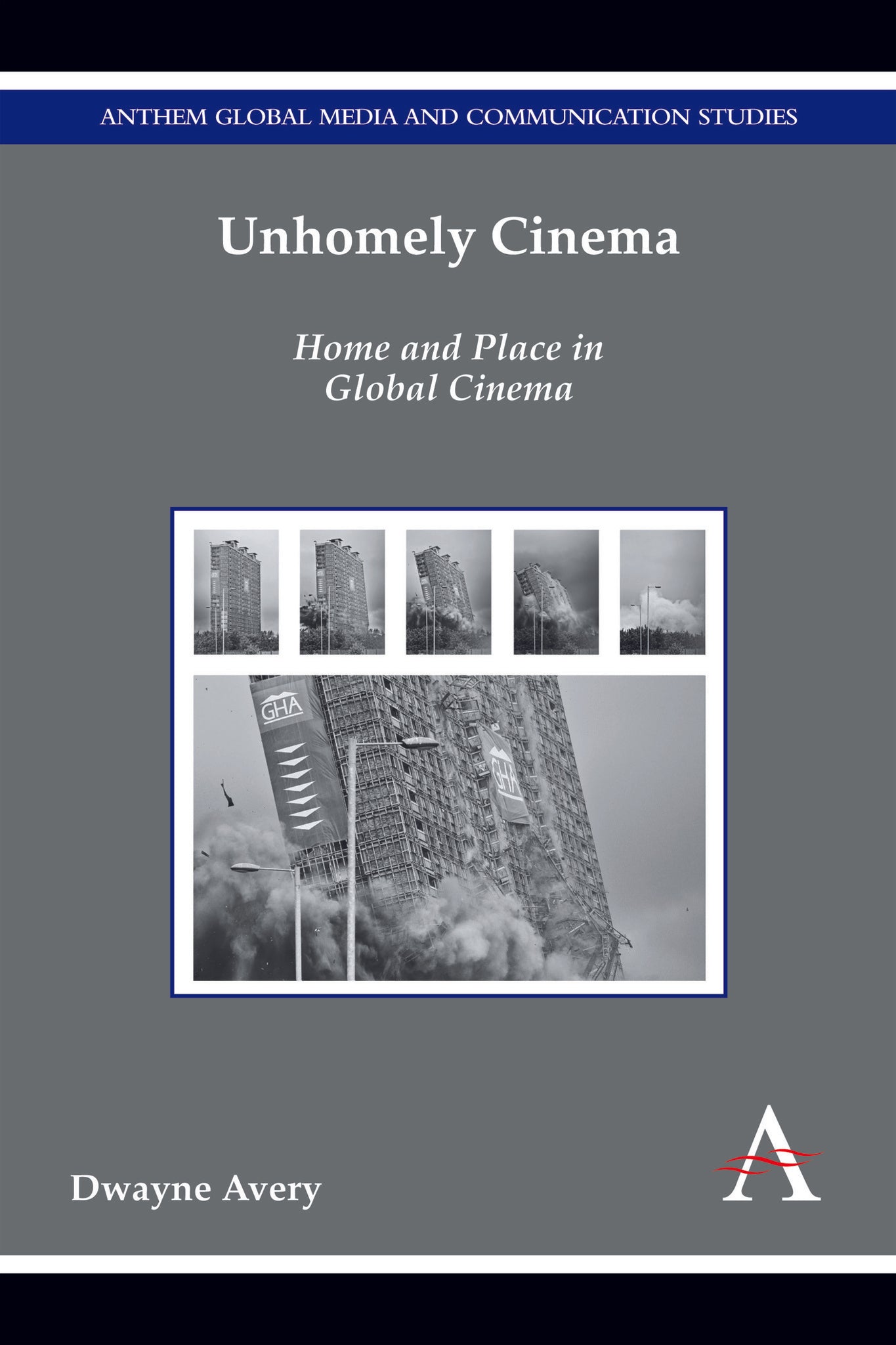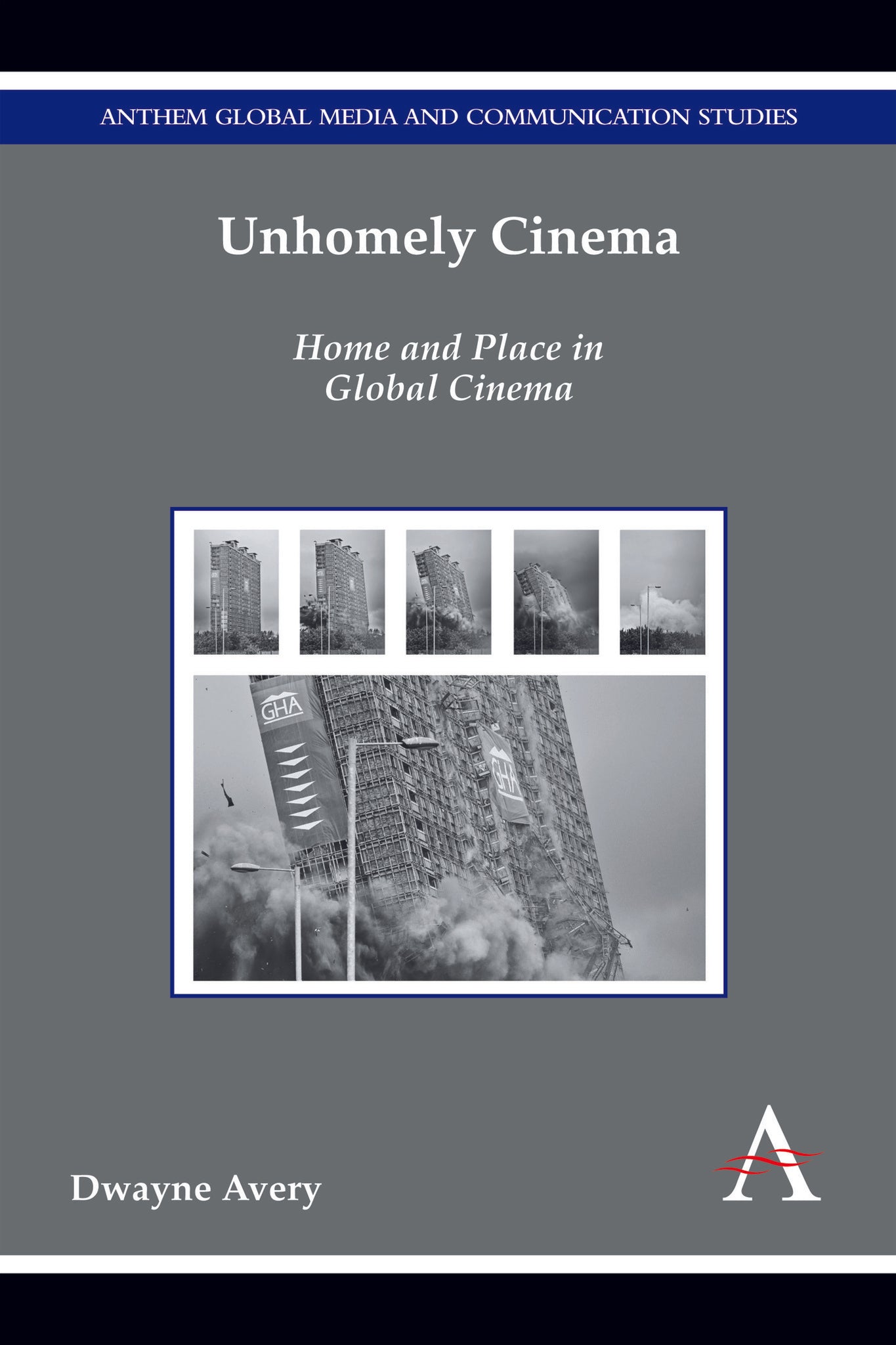We're sorry. An error has occurred
Please cancel or retry.
Unhomely Cinema

Some error occured while loading the Quick View. Please close the Quick View and try reloading the page.
Couldn't load pickup availability
- Format:
-
15 October 2014

Representations of troubled and inhospitable domestic places are a common feature of many cinematic narratives. “Unhomely Cinema” explores how the unhomely nature of contemporary film narrative provides an insight into what it means to dwell in today’s global societies. Providing analyses of a variety of film genres – from Michel Gondry’s comedy “Be Kind Rewind” to Laurent Cantet’s eerie suspense thriller “Time Out” – “Unhomely Cinema” presents an engaging discussion of some of the most pertinent social and cultural issues involved in the question of “making home” in contemporary societies.

PERFORMING ARTS / Film / History & Criticism, Film history, theory or criticism

“This thoughtful, engaging book highlights the enduring preoccupation with concepts of home in modern cinema. ‘Unhomely Cinema’ is a delightful work which moves film studies towards productive engagements with psychoanalysis, urban geography and social history.” —Will Straw, Director, McGill Institute for the Study of Canada, Montreal
Introduction: Unhomely Cinema; 1. An Unhomely Theory; 2. The Decline of the Family: Home and Nation in Krzysztof Kieślowski’s “The Decalogue”; 3. The Future Is behind You: Global Gentrification and the Unhomely Nature of Discarded Places; 4. No Place to Call Home: Work and Home in Paul Thomas Anderson’s “Punch Drunk Love” and Jason Reitman’s “Up in the Air”; 5. The Terrible Lightness of Being Mobile: “Cell Phone” and the Dislocation of Home; 6. Unhomely Revolt in Laurent Cantet’s “Time Out”; Conclusion; References; Index



